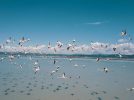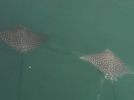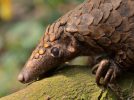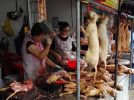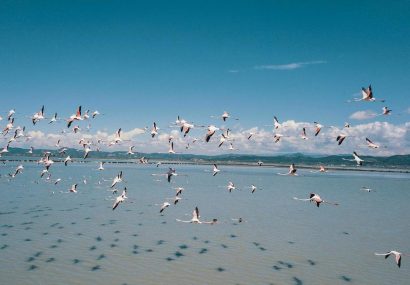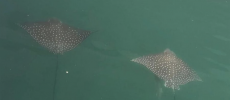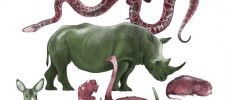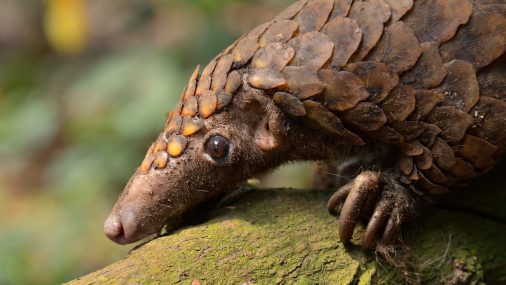
Pangolins are the world’s most trafficked mammals, but there is evidence that they were the source of the new coronavirus – which could end the trade
Covid-19 is a human disaster. However, for one group of animals, there may be a silver lining. Pangolins are one of the most heavily trafficked animals in the world, and as a result they are endangered. But in the past few weeks they have been linked to the initial outbreak of the Covid-19 disease in China. The evidence is inconclusive, but it has already prompted the Chinese government to take action. If more actions against the wildlife trade follow, the incident could prove to be a turning point for pangolin conservation.
A key question is where Covid-19 came from. Many animals carry coronaviruses and are potential sources of infection. That is important to know, if only because it should help us prevent future outbreaks. Several ideas have been proposed, but arguably the most dramatic is that pangolins were the source.
World’s most trafficked mammal
Pangolins look like scaly anteaters. Uniquely among mammals, their bodies are covered in hard protective scales made of keratin: the same material as our nails. They feed on insects such as ants and termites, and are often nocturnal and shy. While they look like anteaters, they are not closely related to them, and their closest living relatives are actually carnivorans: the group that includes wolves and cats.
There are eight species of pangolin. Four live in Africa and four in Asia. All are at risk of extinction, according to the International Union for Conservation of Nature (IUCN). Two of the African species are considered vulnerable and two are endangered. Of the Asian species, one is endangered while the other three are critically endangered.
Pangolins are illegally hunted and traded for two main reasons. First, their meat is considered a delicacy in several south-east Asian countries, especially China and Vietnam. And second, their scales are used in Chinese traditional medicine. As a result, they are the world’s most trafficked mammals.
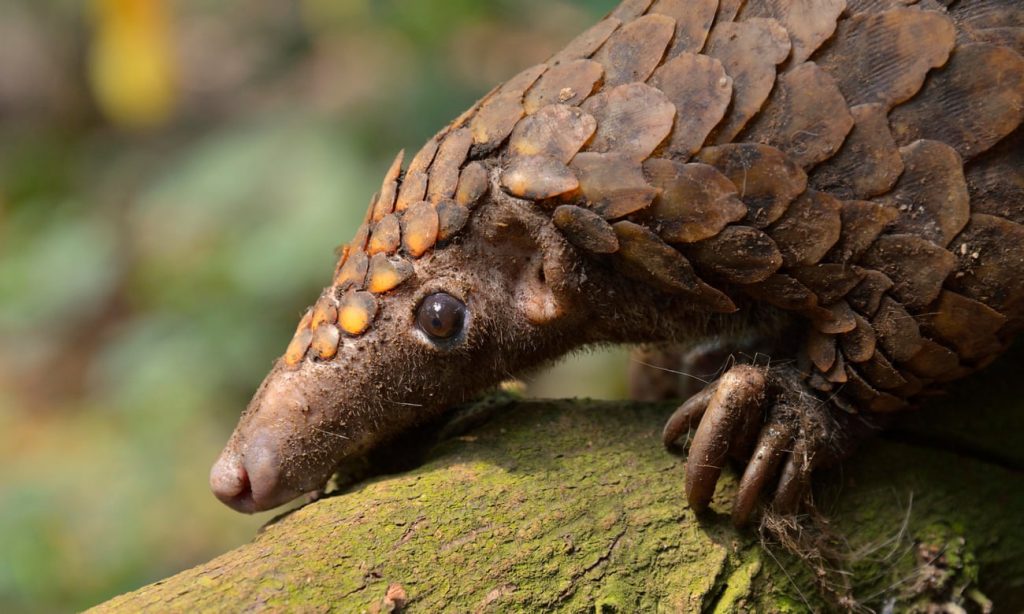
Photograph: Fabian von Poser/Getty Images/imageBROKER RF
The idea that pangolins gave us Covid-19 emerged at a press conference given by the South China Agricultural University in Guangzhou on 7 February. Two scientists there, Yongyi Shen and Lihua Xiao, were said to have compared coronaviruses from pangolins and from humans infected in the outbreak. The viruses’ genetic sequences were said to be 99% similar. One co-author, Wu Chen of Guangzhou Zoo, had previously helped show that Sunda pangolins carry coronaviruses.
However, the results had not been published at that stage, so other scientists could not examine them in detail. Meanwhile, there were many other possibilities. The virus could have come from an animal and seafood market in Wuhan, where many species were held. Animals in such markets are often kept in closely packed, unsanitary conditions, with many people nearby: a perfect opportunity for a virus to jump species. Many pointed the finger at bats: the virus is genetically similar to those in bats, and it would not be the first time a disease passed from bats to humans. There was also a study linking the virus to one found in snakes, but this is now considered unlikely.
Read more on The Guardian
 Previous Article
Previous Article Next Article
Next Article